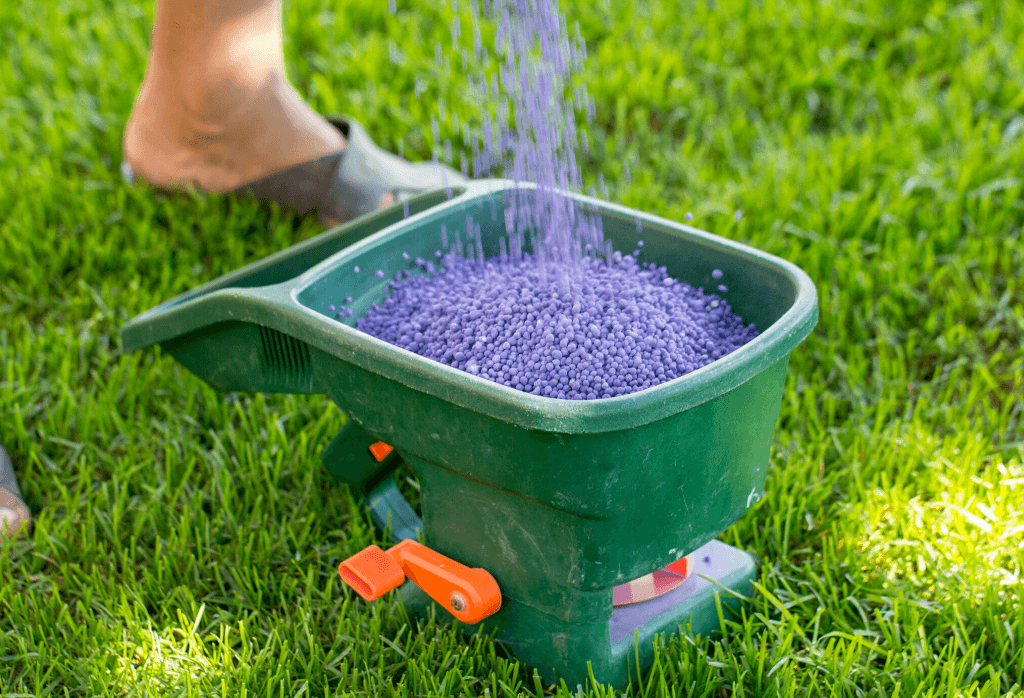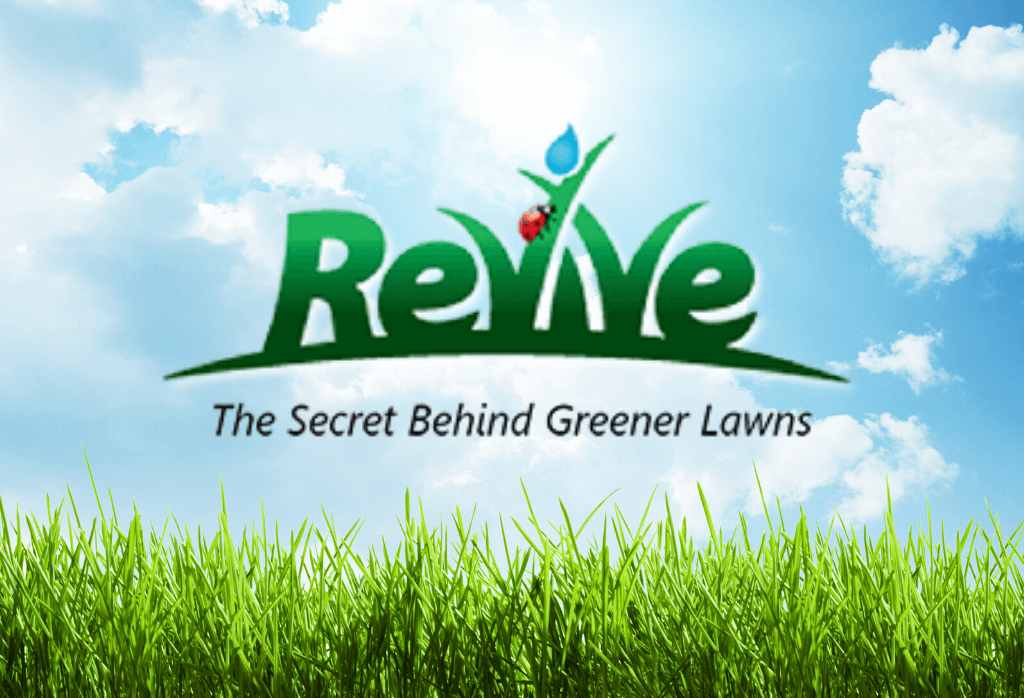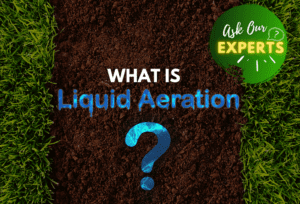How To Choose The Best Lawn Fertilizer For A Green And Healthy Lawn This Summer
Take back this summer with a beautiful lawn! Summer equals outdoor time so its important to have a green and gorgeous lawn. Feeding your lawn early this summer will help strengthen it to withstand heat and drought conditions that commonly occur during these hot months.
And, while the term “fertilizer” describes a wide variety of materials, some will be most effective in helping your lawn regain its natural density and vigor. Like almost every other seemingly simple product, fertilizers are sold in several forms. The key to a great lawn is to use a timed-release product containing the major nutrients your lawn needs.






Commonly available types of fertilizers used on home lawns:
Natural Organics
A natural, non-chemical material containing water-insoluble nitrogen and other turf nutrients in lesser amounts. Water-insoluble nitrogen sources, like manure, must be broken down in the soil over time. Because natural organic sources of nitrogen [N] are low in nitrogen content, rarely more than 6%, and because it takes time for the four-step breakdown process to be accomplished, achieving acceptable green color using only an organic, water-insoluble product is not easy. For this reason, most “natural organics” are spiked with water-soluble nitrogen, which is quickly available and results in greening in just two to three days. While pure organic fertilizers sound like the environmentalist solution to avoiding chemical fertilizers, they are not the most effective for creating satisfactory greening and density over time.


Synthetic Organics
These fertilizers are manufactured in a chemical plant. Simply stated, they are termed “synthetic organic” because, though they are ‘manufactured’, they do retain the most positive characteristics of a natural product. Manufactured in a chemical plant, synthetic organic fertilizer can be produced with all three major turf nutrients included; nitrogen, phosphorus [for root development] and potassium [for overall plant health and strong cell walls]. Currently, most products omit phosphorus, fearing its role in potentially promoting excess algae growth in rivers, lakes and streams. Today, fertilizers containing phosphorus are sold specifically for use in promoting quick establishment and growth of grass roots when seeding or sodding a new lawn. Synthetic products are designed to release nutrients over several weeks, at a rate designed to supply nutrients as the plant uses them without significant residual left behind. So, plant color, density and overall growth can be more effectively controlled with synthetic organic fertilizer than with a natural organic product.









Synthetic (Chemical)
These fertilizers are purely chemical in content. Composed of urea, which is 46% nitrogen and soluble in water, ammonium sulfate or nitrate, they are perfect for use in farm fields where maximum fast growth is the objective. Used on home lawns, soluble chemical fertilizers release all their nitrogen in just days, plants consume more than required quantities and grow at an accelerated rate. This excess or ‘surge growth’ can lead to thinning of cell walls, making the plant less resistant to disease invasions, and excess mowing, which is also avoidable using a timed-release product. Further, continued use of purely water-soluble fertilizer, which ‘pushes’ green blade growth, can lead to a slowing of root growth and a thinner lawn, over time. Still, synthetic, chemical fertilizers are a popular choice since they can be less expensive and generate the quick visual response that homeowners desire.
Read more about turf fertilizer choices by clicking here.
Join Our Free Lawn Care Newsletter
Stay Up to Date With The Latest News & Updates
* We don’t share your info with anyone ever.




